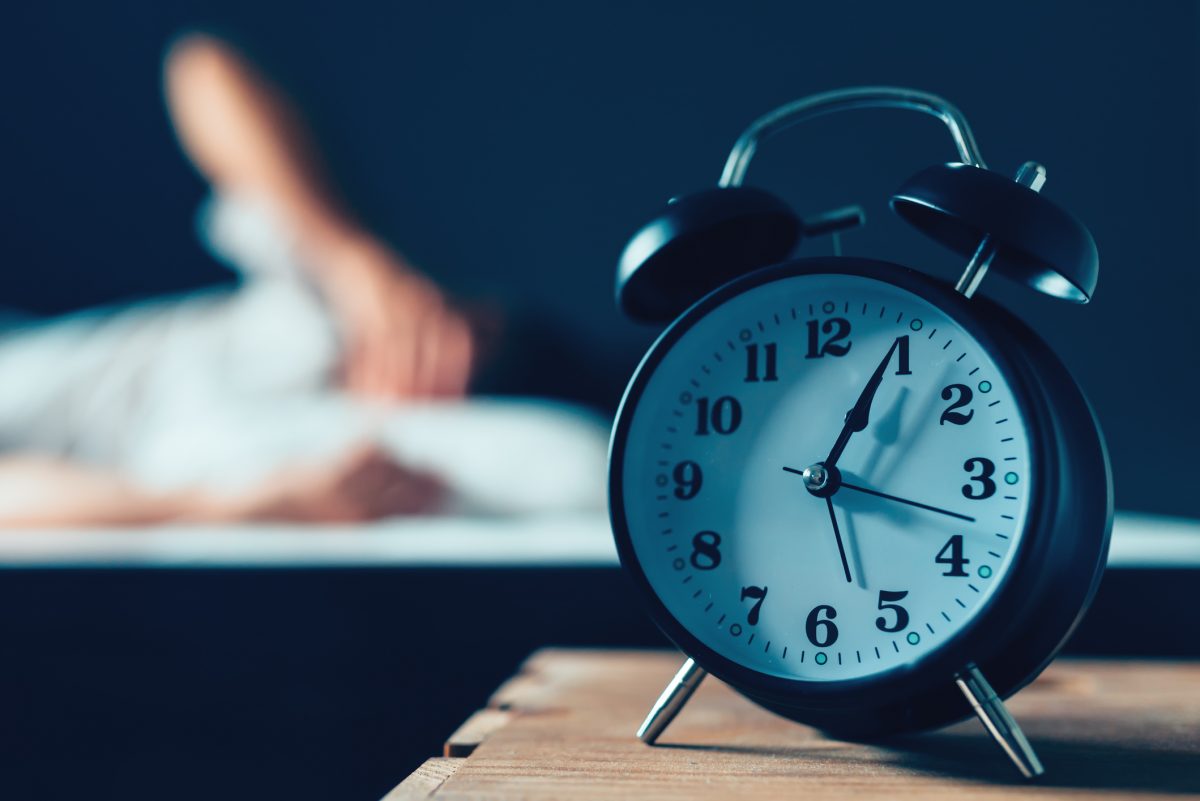Sleep matters — this much we know. A bad night’s sleep can throw off your whole day, but few people know exactly why.
Here are the facts about why sleep matters and the truth behind some common sleep myths.
Why does sleep matter?
Quality sleep helps your body run properly, including your immune system, metabolism, memory and ability to learn.
In addition to memory issues and problems with concentration, sleep deprivation can lead to increased risk for many medical problems:
- High blood pressure
- Weight gain
- Diabetes
- Depression
- Heart disease
What is quality sleep?
The National Sleep Foundation uses these criteria for judging quality sleep:
- Sleeping at least 85% of total time in bed
- Falling asleep in 30 minutes or less
- Waking up only once per night; and
- Being awake for 20 minutes or less after initially falling asleep.
Improving your sleep environment and bedtime habits can help you wake up feeling more refreshed and energized, and can improve overall health. For practical tips on how to improve your sleep, click here.
Does what you eat affect your sleep?
Yes, and vice versa: People who don’t get enough sleep tend to be heavier than their well-rested counterparts. One possible reason for this is that sleep deprivation can cause your metabolism to slow and your appetite to increase.
As food relates to falling asleep:
- Caffeine, alcohol and fatty foods can make it harder.
- Foods that contain tryptophan (turkey, eggs, nuts) or carbohydrates (bananas, bread) can make it easier, and
- Allowing at least 4 hours between your last meal and bedtime can also help you fall asleep faster.
Does the amount of sleep you need as you age change?
Yes, but every group of people needs at least 7 hours of sleep per night.
Learn more about sleep and age here.
Can you “make up” lost sleep?
Sometimes, but not always.
- Our bodies can make up a few hours, but there’s a limit. While 5 or so hours lost during the week can be recovered on the weekend, a significant amount of sleep — 20 hours, for example — cannot. When attempting to recover that resting time, your body will get as much deep sleep (REM) as possible while forgoing the other stages of sleep.
- On days after you miss a few hours of sleep or if you are chronically sleep deprived, your performance while awake is likely to deteriorate.
Can you sleep too much?
Yes. Any deviation from normal sleep patterns can upset the body’s rhythms, which increases fatigue. The solution: determine how many hours of sleep you need and stick with it, whether it’s a workday, weekend or vacation.
If you wake up before your alarm, should you get up or try to go back to sleep?
It’s hard to know which will make you feel more energized long-term, but the answer revolves around your personal sleep threshold.
Get up if you wake naturally after 7-plus hours of sleep (or after whatever a typical good night’s sleep is for you). Waking naturally is your body’s way of telling you you’ve met your rest quota — you’ve essentially “recharged” — and can go about your day.
Try to go back to sleep if you wake up before hitting your good night’s sleep mark. Getting up before you’ve gotten enough sleep makes it harder for your body to provide energy throughout the day, so even if you gain a few more hours, you’ll likely lose productivity.
If you can’t fall asleep after 15 minutes, retrain your thoughts on something else. Put on calming music, a sound machine or a relaxing podcast. Read a book in a lowly lit room. But don’t get out your phone or computer or turn on your TV — the bright light and constant movement on screens can wake you too much and make going back to sleep even harder.
For more interesting sleep facts, click here.
Get more information about specific health terms, topics and conditions to better manage your health on bcbst.com. BlueCross BlueShield of Tennessee members can access wellness-related discounts on fitness products, gym memberships, healthy eating and more through Blue365®. BCBST members can also find tools and resources to help improve health and well-being by logging into BlueAccess and going to the Managing Your Health tab.




4 Comments
WellTuned provides inspiration and practical advice for healthy living.
WellTuned does not offer medical advice. Any personal health questions should be addressed to your doctor.